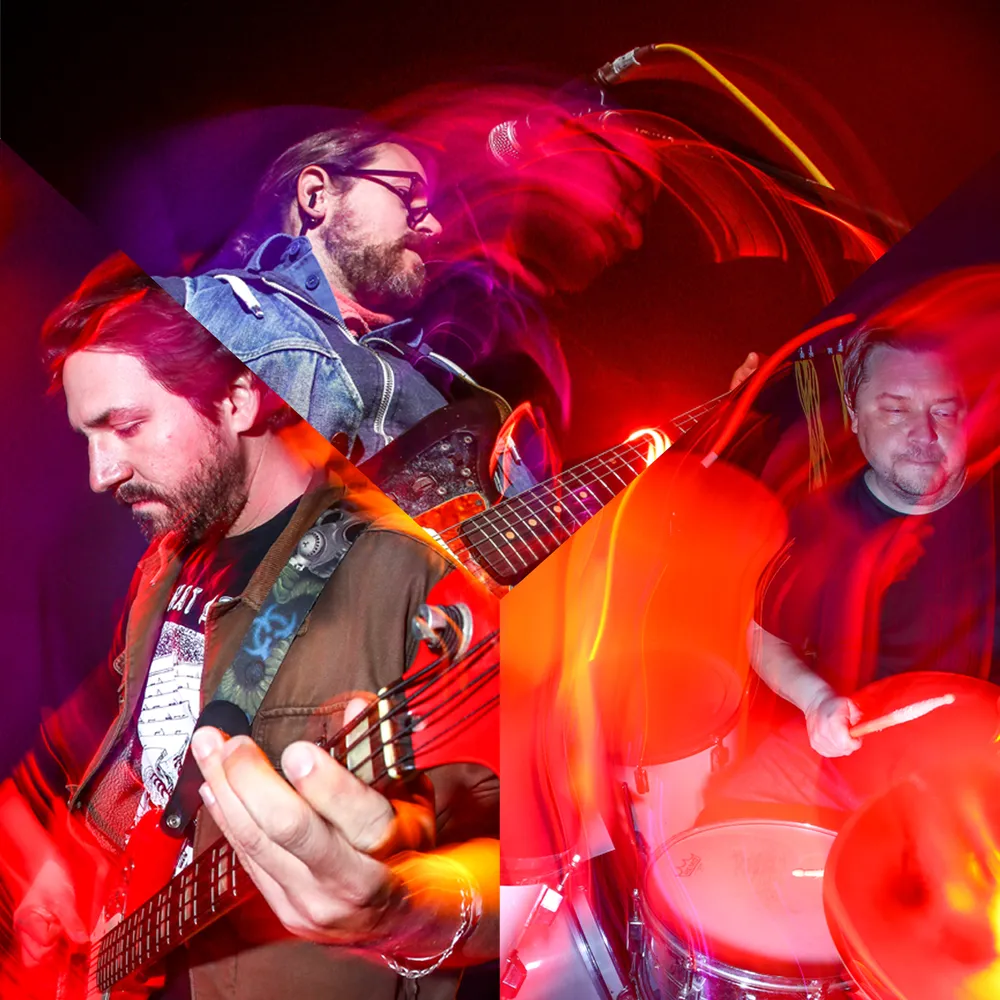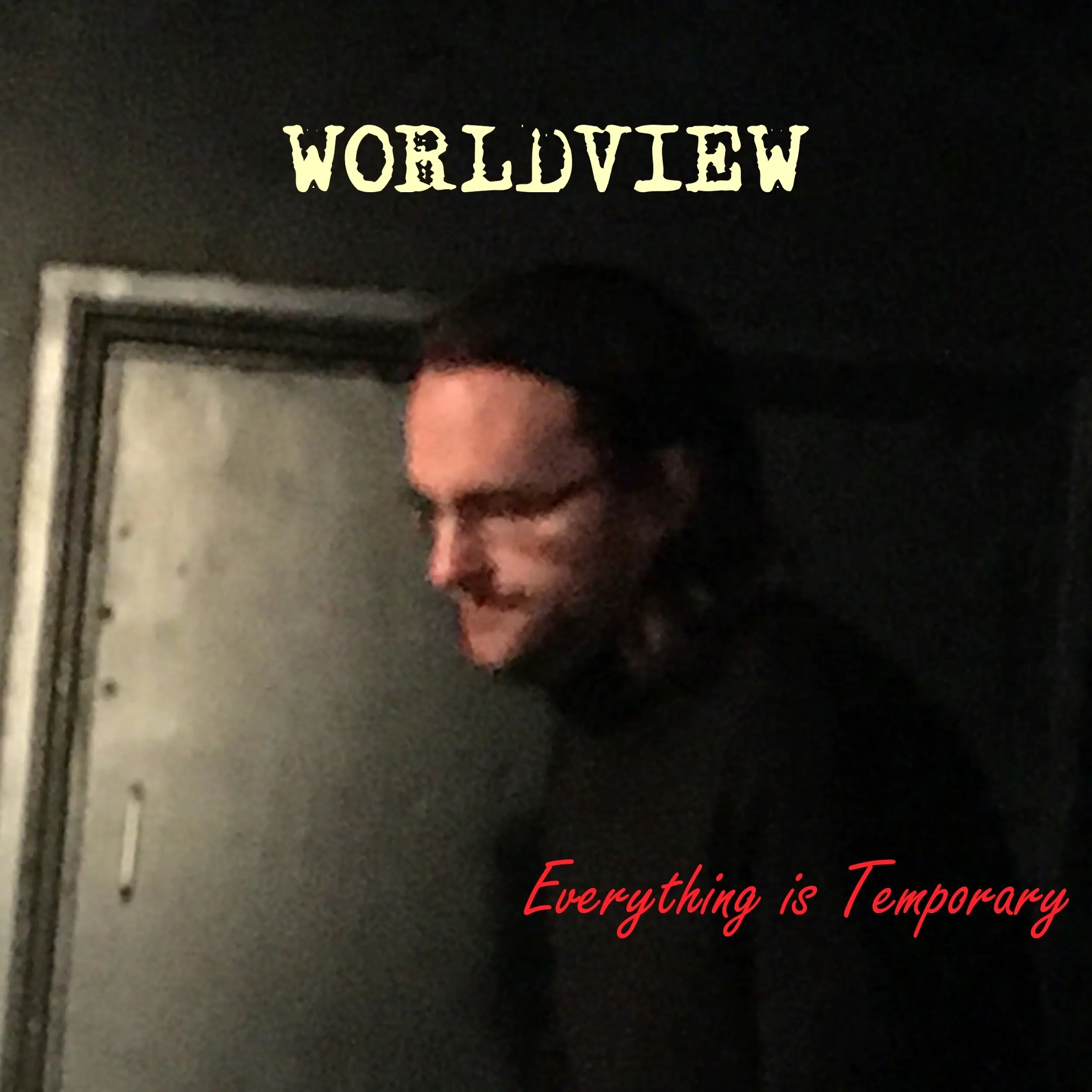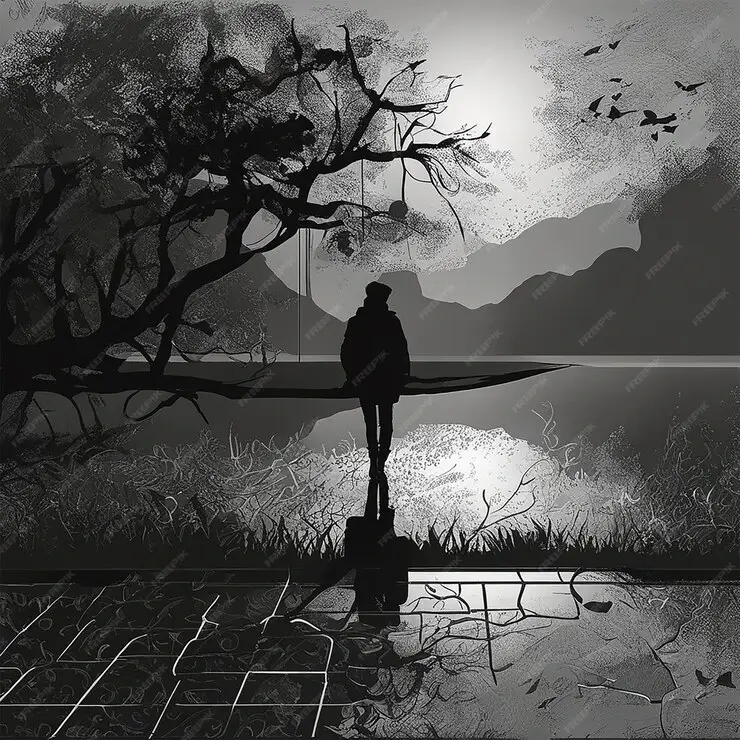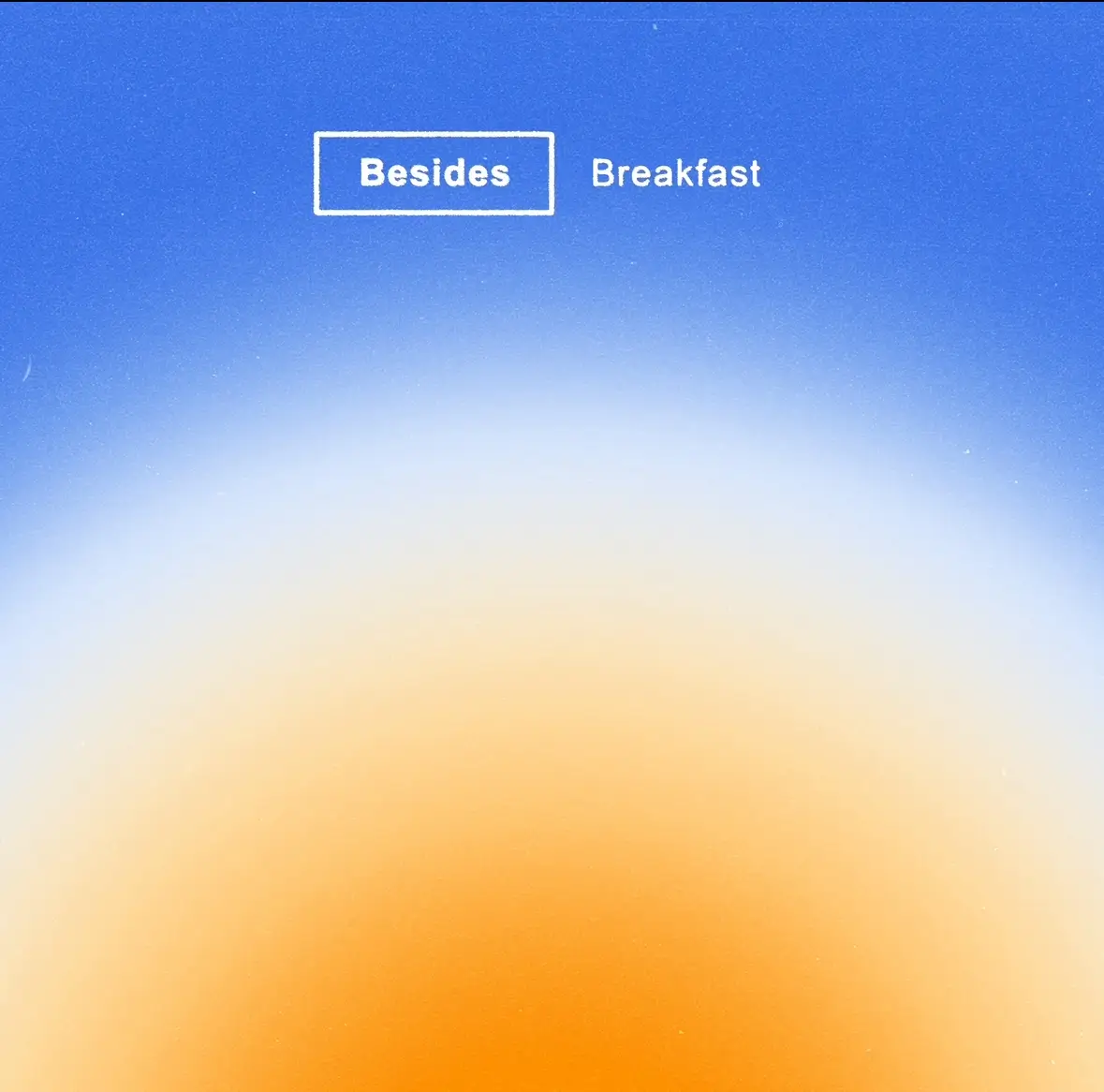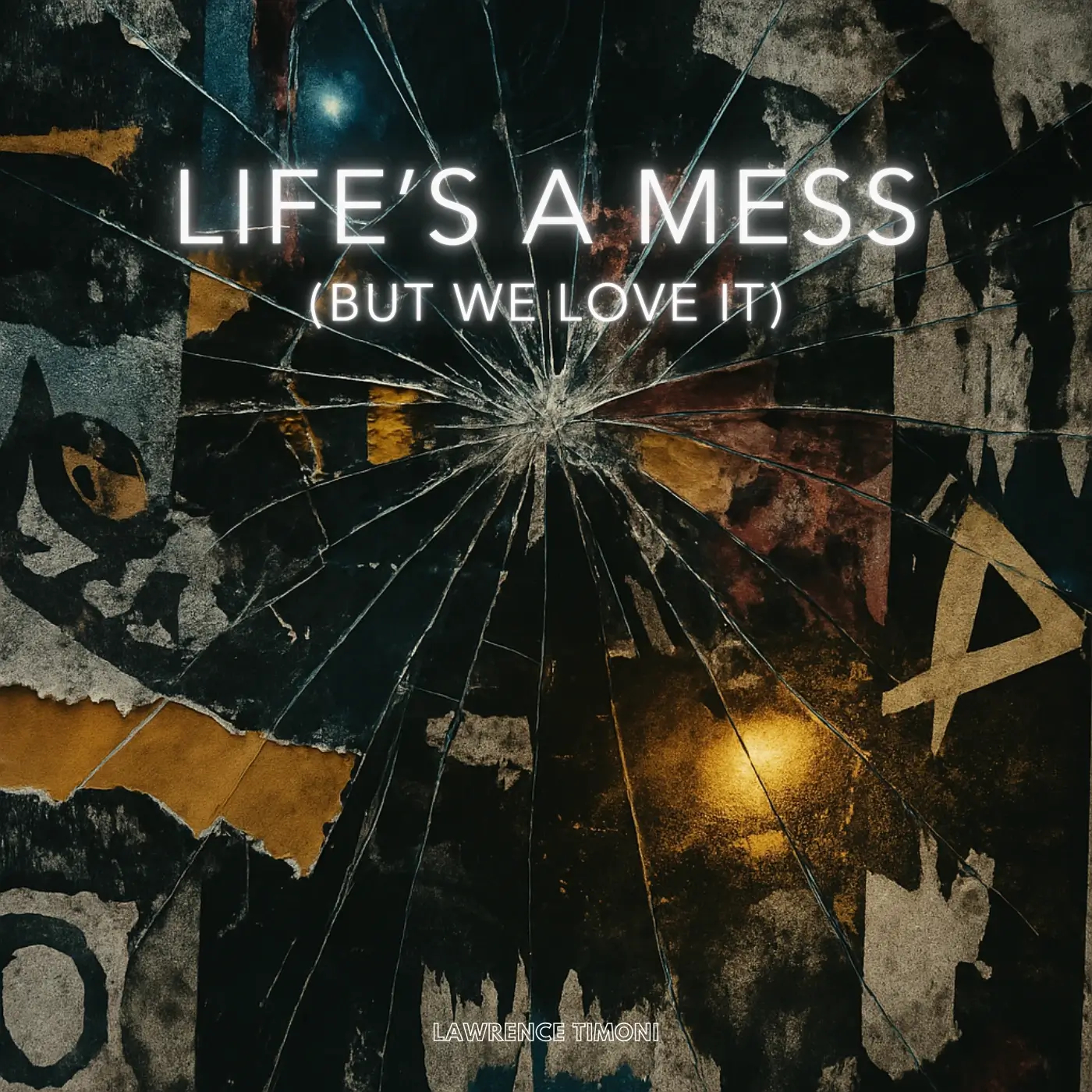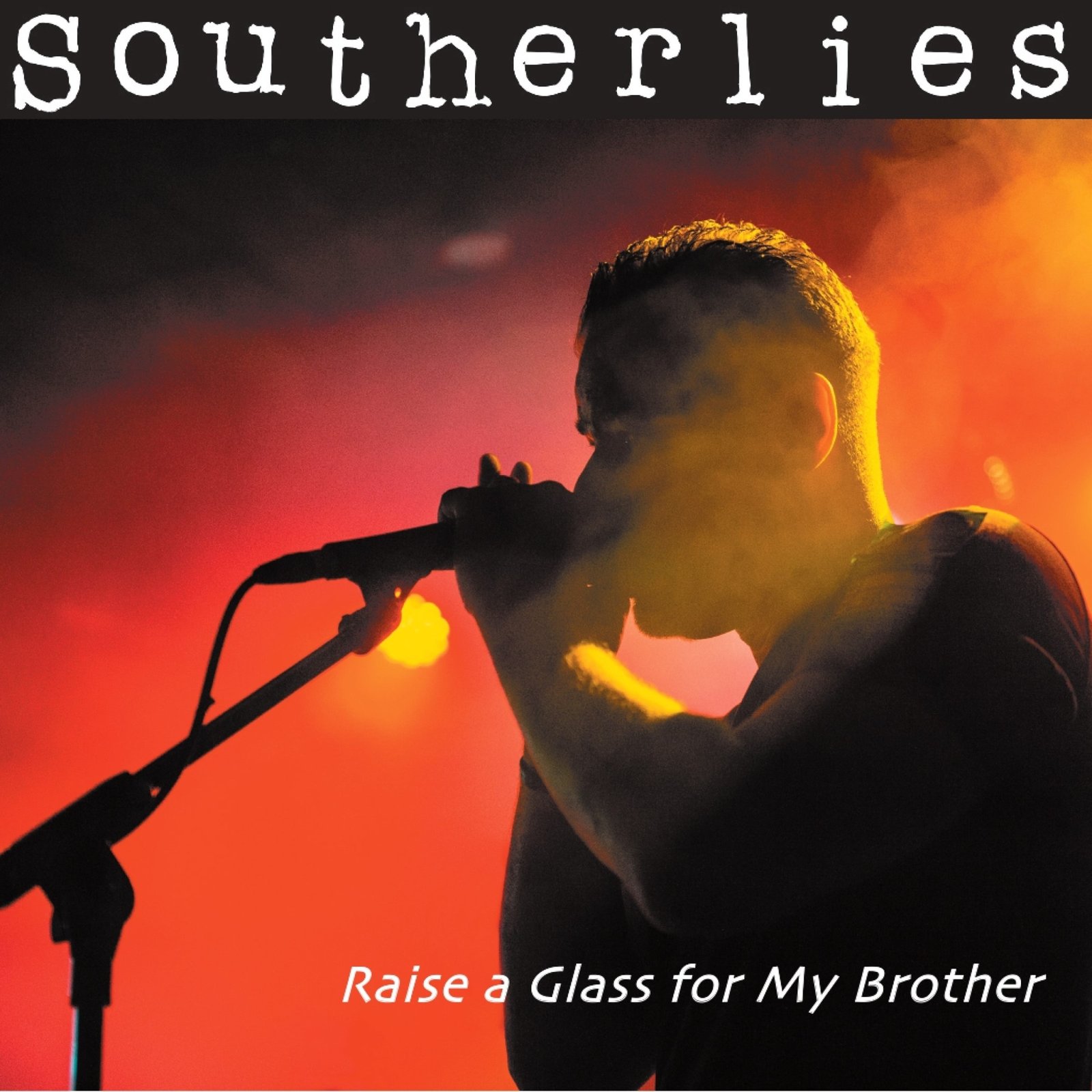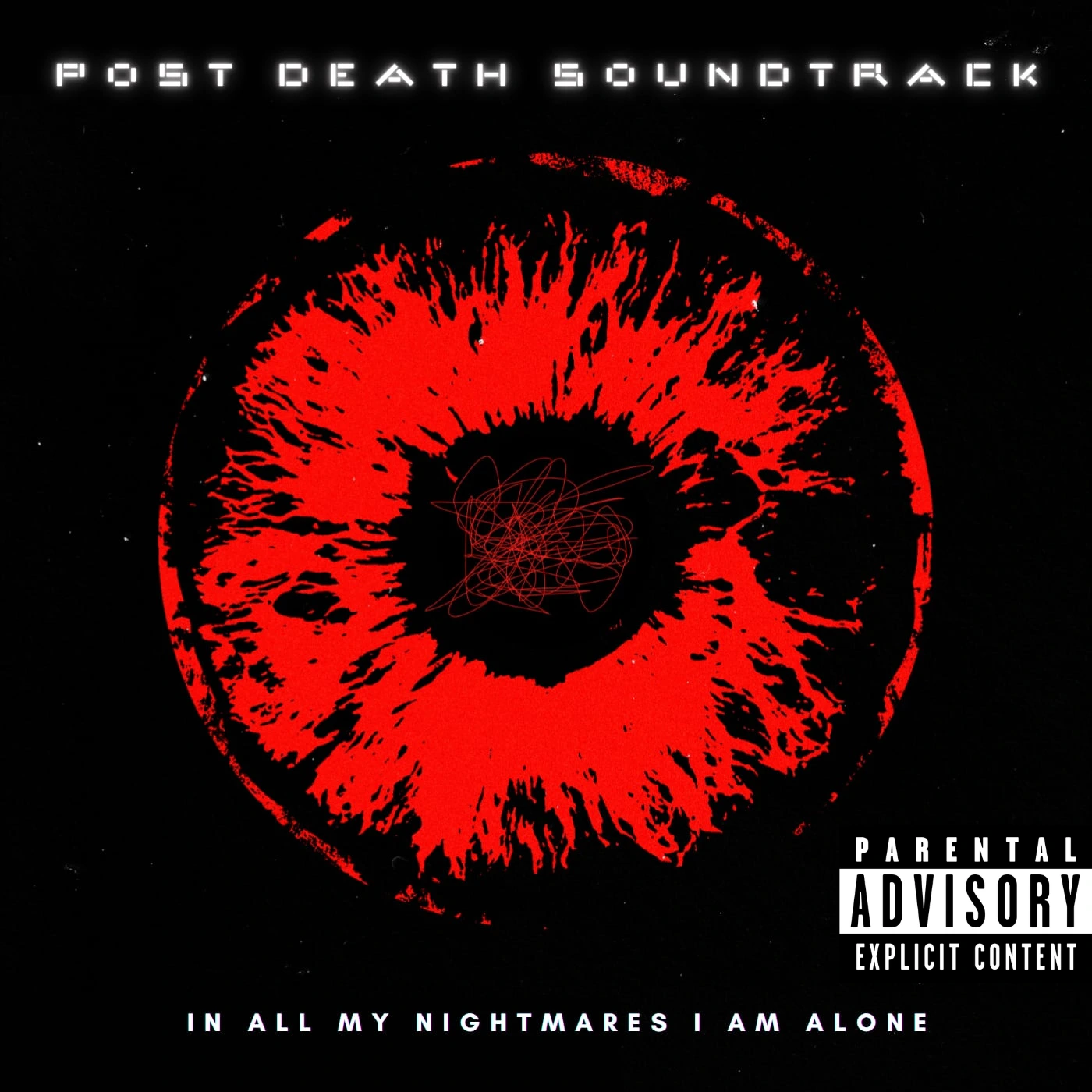Monach’s debut album is a project born from the wreckage of toxic relationships and the long shadow of mental health struggles, the record is an act of catharsis that manages to balance the intimacy of confession with the visceral charge of punk energy. It’s not a fresh-faced “here we are” but a bruised, oddly triumphant “we survived.” It’s five years’ worth of work, grief, line-up changes, and probably a few too many late nights spent in parking lots after shows. The album wears its scars proudly, but it doesn’t wallow. Instead, it takes all of that heaviness and shoves it through the engine of punk energy until it becomes catharsis. The result is something that manages to be as loud and messy as life itself, but also, paradoxically, coherent.
It’s tempting to describe Monach purely in terms of their influences; stuff like The Wonder Years’ earnest emotional sprawl, Arm’s Length’s raw-nerve honesty, Pup’s jagged energy, but that would miss the point. Monach are clearly indebted to those bands, but they aren’t imitating them. They’re filtering their own experiences through that sound, and that makes all the difference. It’s the sound of a band locking in, not just technically but emotionally. Monach’s A Light to Guide You feels both meticulously constructed and bracingly immediate, which is a neat trick to pull off for a debut.

The opener, Thank You, Chef (after the brief instrumental intro track), sets the tone right away. It’s brisk, melodic, and has that punchy, slightly scrappy drive The Get Up Kids mastered back in the ‘90s. It’s proof that Monach know how to play with nostalgia without getting trapped by it. They can pull you in with familiarity and then twist it into something that feels more urgent, more present. No Shine follows, and it’s a standout; a track that could sit comfortably alongside The Menzingers’ After the Party era. This is the kind of song you play when you’re pacing around your kitchen at midnight, wondering if maybe you’re the problem, only to find yourself screaming the chorus ten minutes later because it feels better than silence.
Then there’s Spencer is a Promoter, which might be the most distilled version of what Monach do best. Wiry guitars, oblique vocal harmonies that feel like a sly nod to early Green Day, and the compressed urgency of Joyce Manor all colliding into something that doesn’t feel like a compromise but an embrace of chaos. It’s scrappy in the way the best punk songs are: like it might fall apart any second, but somehow never does. By contrast, Bottom of the Bottle slows things down, stretching to six minutes with moody, climbing progressions that recall early Fall Out Boy’s more introspective ballads. If you ever thought emo couldn’t be patient, this track is here to argue otherwise.
The midpoint of the record, A Letter, Unopened, strips everything down to a single guitar and voice. It’s raw and quiet in a way that feels almost uncomfortable, like reading someone else’s journal. But that’s the point; Monach are just as willing to sit in silence as they are to turn everything up to 11. And because the album gives itself this space, the louder moments hit even harder.
The back half of A Light to Guide You keeps raising the stakes. Perennial Blue feels like a spiritual cousin to Red Jumpsuit Apparatus’s Your Guardian Angel, but less polished and more urgent, channeling that same desperate yearning for catharsis. Here’s to the Future stretches to nearly six minutes, wandering into the reflective territory of American Football’s later work with all of its lingering chords, the kind of patience you don’t often hear in pop-punk or emo. It’s the sound of a band saying: we don’t need to rush, because the weight of what we’re saying will carry itself.
And then comes the closer: Morning Light. At seven and a half minutes, it’s not just a song, it’s a culmination. This is the track where everything; emo vulnerability, pop-punk hooks, post-hardcore grit comes crashing together. It’s ambitious, borderline reckless for a debut, but it works. By the end, you realize the entire album has been leading here, not to resolve its tensions but to show how those tensions can coexist. Pain and growth, anger and tenderness, despair and hope; they’re all tangled together, and Monach make you feel every knot.
What makes A Light to Guide You stick isn’t just the songwriting or the performances, though both are solid. It’s the coherence. Despite drawing from so many influences, the album never feels like a patchwork. It feels like one long story, told in fragments, about how to keep moving when everything seems broken. For Monach, the past five years may have been fractured, but this debut takes those fractures and welds them into something solid.
Follow Monach
About the Author

A tenured media critic known working as a ghost writer, freelance critic for various publications around the world, the former lead writer of review blogspace Atop The Treehouse and content creator for Manila Bulletin.


